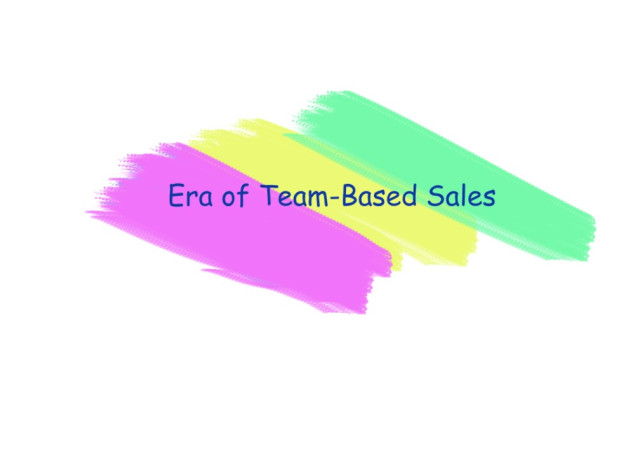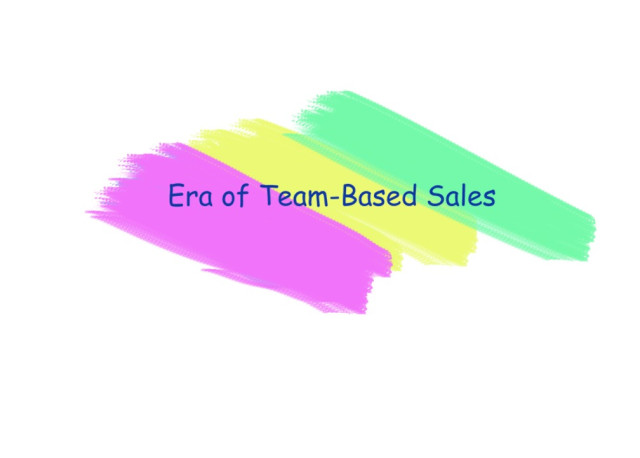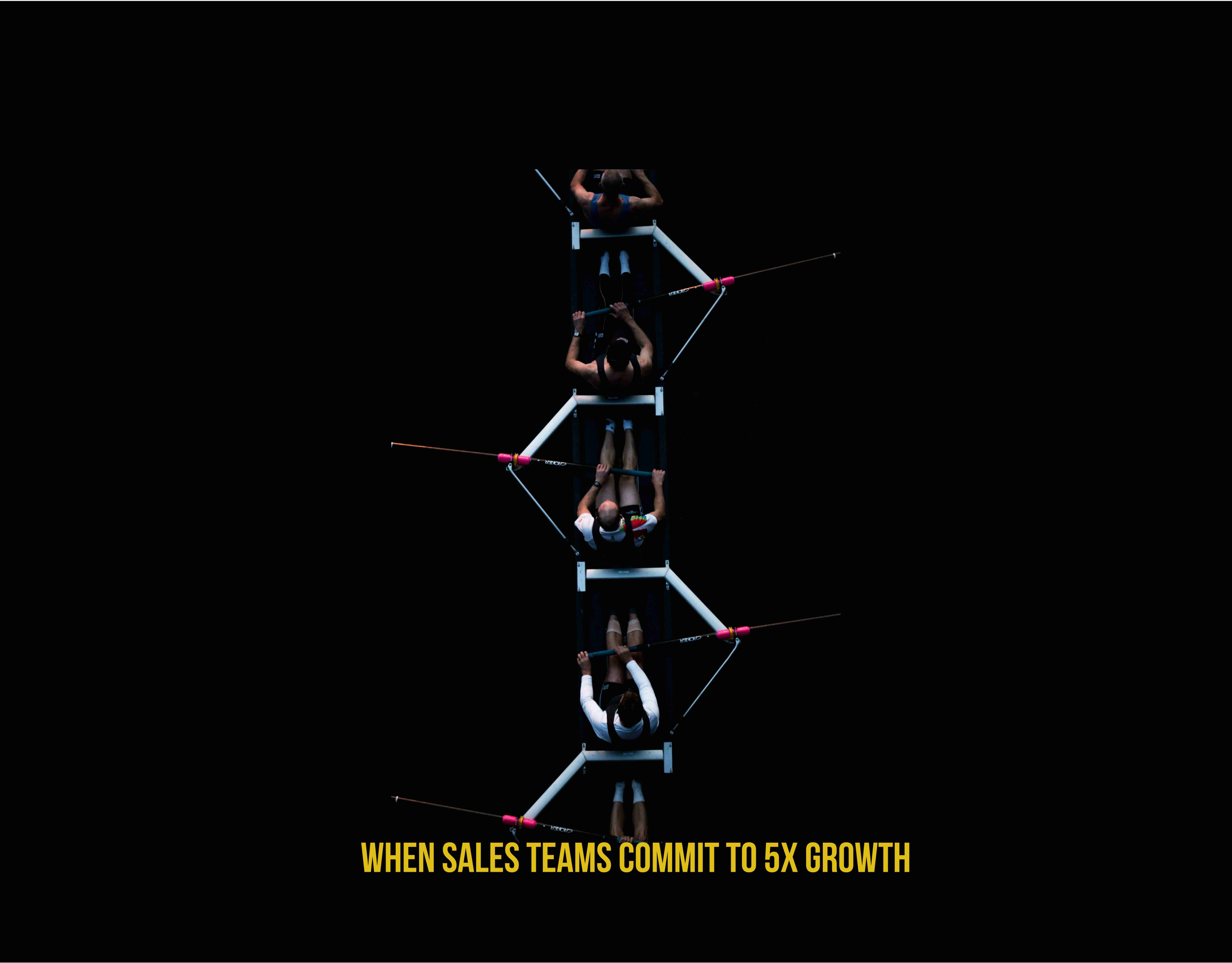

A seasoned Sales Engineer and Consultant, I bring extensive expertise and a track record of success in client-facing roles and strategic technical consulting. My diverse professional portfolio spans from Technical Account Management, Advisory Sales Engineering, to Pre-sales consulting.
I am known for delivering exceptional customer experiences, from post-sales technical advice to driving feature adoption, demonstrating a mastery of the MEDDIC sales methodology. My capabilities include identifying technical gaps and crafting bespoke solutions that enhance business performance and customer satisfaction.
Having a robust history of leadership, I have had the privilege of mentoring my peers, navigating complex sales cycles, and implementing strategic 'land and expand' techniques to drive business growth. My career achievements feature robust growth rates for enterprise customers, account renewals with significant consumption increases, successful expansions of usage for key applications, and prestigious awards for top performance in sales and customer relationship management.
I have had the opportunity to work with top-tier organisations like ANZ Bank, Xero, Australia Post, National Australia Bank (NAB), and have developed a specialty in understanding and addressing both the technical and business needs of my clients.
Equipped with a Master of Business Administration in International Business from the University of Western Sydney and a Bachelor of Engineering in Electronics from Pune University, I possess the formal education to complement my industry experience. Additionally, I hold numerous certifications, including Certified Kubernetes Administrator Training, AWS Architect, Certified DynaTrace Trainer, and Cisco Certified Network Professional (CCNP), to name a few.
Available For: Authoring, Influencing, Speaking
Travels From: Melbourne, Australia
Speaking Topics: Observability, Leadership
| suneel dhingra | Points |
|---|---|
| Academic | 0 |
| Author | 8 |
| Influencer | 9 |
| Speaker | 0 |
| Entrepreneur | 0 |
| Total | 17 |
Points based upon Thinkers360 patent-pending algorithm.
 Are You Still Using Dated Sales Methodologies? Here’s Why It’s Time for Change
Are You Still Using Dated Sales Methodologies? Here’s Why It’s Time for Change
Tags: Future of Work, Sales, Startups
 Mind the Gap: Sales Pipeline Management Gaps
Mind the Gap: Sales Pipeline Management Gaps
Tags: Future of Work, Sales, Startups
 Era of Team-Based Sales: Navigating the Noise Together
Era of Team-Based Sales: Navigating the Noise Together
Tags: Future of Work, Sales, Startups
 The Value Proposition: Why Choosing Us Transcends Product Offerings
The Value Proposition: Why Choosing Us Transcends Product Offerings
Tags: Future of Work, Sales, Startups
 Redefining Success: How Value Creation Teams Will Usher in the End of Traditional Account Teams
Redefining Success: How Value Creation Teams Will Usher in the End of Traditional Account Teams
Tags: Future of Work, Sales, Startups
 5X Your Sales Team's Success
5X Your Sales Team's Success
In the realm of Sales Engineering, the path to excellence is paved with more than just technical know-how and persuasive pitches. As I look back on my journey since 2011, the traits I've sharpened—rapid execution, unwavering accountability, a dedication to delivering value, strategic time management, resilience, continuous learning, the art of building champions, influential collaboration, and steadfast adherence to the sales process—are a clear testament to the pivotal role of enablement.
This silent yet formidable force has been the bedrock of getting us on the top of the Sales Engineering game. But what exactly is enablement, and why does it hold such sway over the success of sales professionals?
Enablement is the comprehensive support system that equips sales teams with the tools, knowledge, and strategies necessary to not only meet but exceed their targets. It's a behind-the-scenes powerhouse that transforms potential into performance.
Navigating a Crowded Marketplace
Today's software landscape is crowded with startups, each clamouring to be heard. With the accelerated change in technology, new customer challenges emerge, demanding fresh solutions. In this environment, clarity in messaging is paramount. Customers, now more than ever, need help sifting through complex offerings to identify the right solution that addresses their specific problem without excess.
Customers grapple with differentiating between solutions, often unable to discern whether they are being offered a $10 solution for a $5 problem.
The Pitfall of Cost-Cutting on Quality Execution
In these times, when investor funding isn't as generous as in years past, startups might be tempted to trim budgets, often at the expense of sales execution quality. This shortsighted approach can be detrimental. Quality execution in the field isn't merely about closing deals—it's about crafting experiences that resonate with clients, fostering trust, and ensuring satisfaction that leads to repeat business and referrals.
Doubling Down on Enablement for Sustainable Success
Instead of cutting corners, startup top executives need to commit and invest more deeply in enablement. This investment will empower sales teams to deliver the promised 5X growth, a bold statement of confidence in the value of their solutions.
Enablement isn't an optional luxury; it's a strategic necessity. It helps sales professionals refine their approach, stay abreast of industry trends, and adapt to the evolving needs of their clients. It's the force that ensures sales teams don't just reach their goals but do so with a level of finesse that sets them apart from the competition.
Conclusion
In conclusion, as we forge ahead in these challenging and competitive times, the importance of enablement cannot be overstated. It's the catalyst for Sales execution mastery, the difference between a transaction and a transformation. For startups looking to make their mark, a robust enablement framework isn't just advisable—it's imperative.
The journey to excellence is continuous, but with enablement as the compass, teams can navigate the complex sales landscape with confidence, knowing that they are not just meeting expectations but redefining them.
Author's note: I bring a decade of Sales Engineering experience to this conversation, having witnessed the transformative power of enablement firsthand. It has been my guiding light, and I hope this reflection serves as a beacon for others navigating the vibrant yet challenging world of software solution sales.
Tags: Startups, Leadership, Sales
 Why Shifting Focus from Pain Points to Value Creation Accelerates Sales Team Success
Why Shifting Focus from Pain Points to Value Creation Accelerates Sales Team Success
In the ever-evolving landscape of software sales, one thing remains clear: the ability to quickly adapt and effectively apply sales methodologies can significantly impact a team's performance. As organizations strive to keep pace with change and meet their quotas, one approach that has proven to be particularly effective is the MEDDPICC qualification process. However, the true potential of this framework is often unlocked when sales teams pivot their focus from solely identifying customer pain points to creating substantive value. Let’s explore why this shift is crucial, especially for newly formed sales teams.
Understanding MEDDPICC and the Pitfalls of Pain-Centric Approaches
MEDDPICC stands for Metrics, Economic Buyer, Decision Criteria, Decision Process, Paper Process, Identified Pain, Champion, and Competition. It is fundamentally a comprehensive sales qualification methodology that centres on understanding the customer's needs and pain points. In the context of software solutions, due to accelerated changes where pains are as dynamic as the technology itself, grasping the new customer challenges or pains is imperative. However, herein lies a pitfall for sales teams and leaders who are new to the organisation or software domain.
Sales team newer to the organisation or software domain often fall into the trap of trying to align their solutions to all customer pain points they can find. This may lead to a lack of proper qualification, as the pains identified are not always those that the solution can address effectively. Sales leaders, also being new, may struggle to inspect deals and coach their teams appropriately, leading to inconsistency in the sales process. This inconsistency in pipeline generation can render the sales approach ineffective, resulting in missed quotas, deal slippage, and extended deal close times.
The Value Creation Approach
To effectively address these challenges, a shift in focus is required. By pivoting from an implied pain to a value creation standpoint is essential. Sales teams can enhance their qualification process by transitioning from merely focussing on customer pain points to adopting a value creation perspective. This requires a deep dive into understanding emerging pain points and evaluating how the software solution can provide tangible benefits in resolving these issues. Emphasis should be placed on those pain points where the solution can deliver substantial value.
Take, for instance, a company grappling with declining customer retention rates. The conventional tactic would concentrate on the discomfort caused by losing clients. In contrast, a value creation approach would showcase how the software goes beyond merely tackling the customer churn problem to also amplify customer engagement and loyalty via sophisticated analytics and tailored features.
Another example emerges from the observability domain, where numerous companies utilising cloud-native technologies wrestle with controlling the expenses of observability tools. If cost management isn't a strong suit of your product, it is crucial to recognise this limitation early in the sales conversation. Acknowledging that your solution may not fully meet their cost management needs is vital. It is equally important to have a clear grasp of the unique use cases or features that set your solution apart from competitors.
It has been noted that sales teams often persist in trying to force a square peg into a round hole, driven by directives from leadership to simply "Get to the proof of value or trial and it will sell." If you find yourself in this cycle, it is time to reassess. Persisting in this manner only serves to diminish your reputation and value in the marketplace. Instead, focus on fostering a genuine understanding of the client's needs and how your solution can meet them, thus establishing a foundation for long-term success and credibility.
To counteract these issues, a shift in focus is required. By pivoting from an implied pain to a value creation standpoint, sales teams can significantly improve their qualification process. This entails understanding the new pains and assessing how the software solution can deliver value in addressing these specific issues. Also prioritise to focus on pains where solution can add massive value.
The Advantages of Value Creation
This shift yields several advantages:
Embracing a Consultative Sales Process
A consultative sales process is inherently customer-centric and solution-oriented, making it one of the most effective ways to sell software solutions. It involves deep listening, understanding the broader context of the customer’s business, and tailoring the sales message to articulate how the software can deliver strategic value.
In conclusion, as software sales teams face the challenge of new pains and accelerated change, shifting the focus from pain identification to value creation is not just beneficial; it's essential. It allows for better qualification, more consistent processes, faster team onboarding, competitive differentiation, and ultimately, more successful customer relationships. Sales leaders who embrace this approach and instil it in their teams will see the impact where it matters most: the bottom line.
I have devised a Value Creation Framework tailored to enrich and complement seamlessly with any sales methodology you may currently use. This framework is specifically aimed at addressing common challenges such as inconsistent pipeline generation, prolong deal close times, missed quotas, and deal slippage. It’s geared toward cultivating a pervasive Value Creation Mindset across various roles within your team—whether you're a sales representative, sales leader, technical sales engineer, or customer success manager.
Tags: Startups, Future of Work, Sales
 Redefining Success: How Value Creation Teams Will Usher in the End of Traditional Account Teams
Redefining Success: How Value Creation Teams Will Usher in the End of Traditional Account Teams
Which Customer Statements Will Guarantee Renewal and Expand the Deal:
VS
Consider This
Have you ever found yourself in a sales opportunity forecast scenario that encapsulates the following outcomes? Targeting 60+ Value tokens over 12 months, envision us achieving a substantial 20-point increase in NPS (Net Promoter Score), curtailing churn rates to realise savings of 5M, and optimising resource utilisation to the tune of 7M. All this, with our proposed solution at a cost of 3M. Now, let me pose a question: if you are not forecasting this way Why not? Your company has delivered similar outcomes. It might sound reminiscent – your counterparts within our organisation, maybe in different regions, successfully sealed 3M deals with similar benefits. Does this scenario strike a chord of familiarity?
In the fast-paced world of startups, embracing the Value Creation Team approach is more than a choice – it's a necessity. By converging the efforts of sales, technical, and customer-facing roles, startups can position themselves as true partners in their customer outcomes stories. This shift not only differentiates them in the market but also paves the way for sustained growth and innovation in the customer-centric economy.
In the ever-evolving landscape of startups, traditional roles and strategies are being reimagined to meet the demands of an increasingly discerning customer base. Enter the era of the Value Creation Team – a concept that disrupts the conventional roles of account executives, pre-sales engineers, customer success managers, and professional services teams. Startups should consider adopting a Value Creation Team approach, where everyone, regardless of their role, becomes accountable for customer value creation building on Value Tokens.
Customer Expectations: A New Paradigm
The days of one-size-fits-all solutions are long gone. Modern customers demand tailored experiences, seamless interactions, and ongoing value from the products and services they invest in. They seek more than just features; they want outcomes that impact their business positively. This shift in customer expectations requires startups to break free from siloed roles and adopt a unified approach to cater to these demands.
The Limitations of Traditional Roles
Traditional roles, while vital, often create silos that hinder a comprehensive understanding of customer needs. Account executives focus on closing deals, pre-sales engineers on technical specifications, customer success managers on post-sale relationships, and professional services teams on implementation. This fragmentation can lead to disjointed customer experiences and missed opportunities for value creation.
The Future
In the fast-paced world of startups, embracing the Value Creation Team approach is more than a choice – it's a necessity. By converging the efforts of sales, technical, and customer-facing roles, startups can position themselves as true partners in their customers' outcome stories. This shift not only differentiates them in the market but also paves the way for sustained growth and innovation in the customer-centric economy.
Tags: Startups, Future of Work, Sales